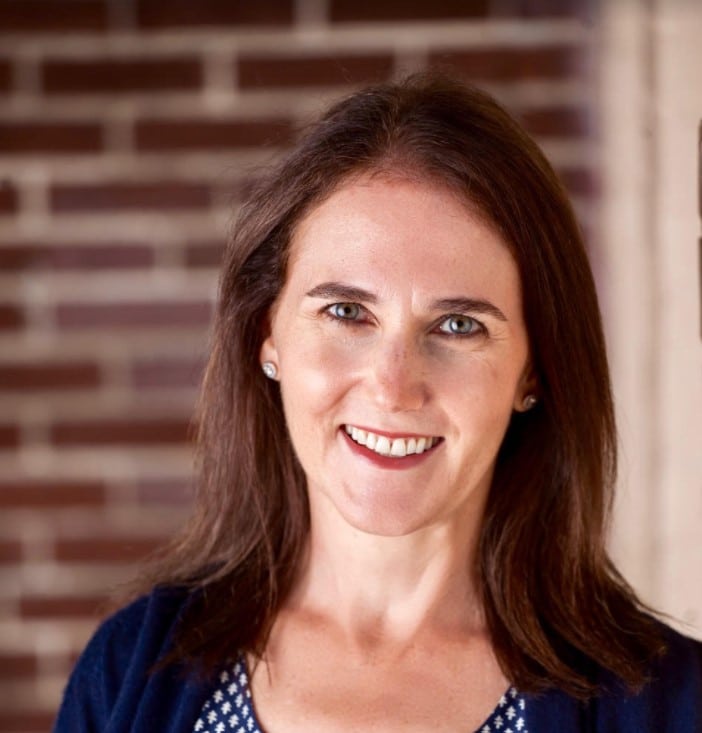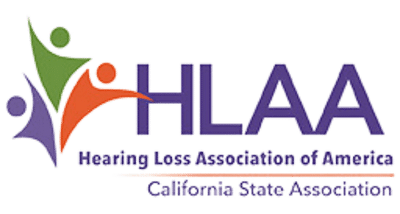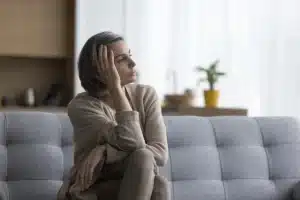 LivingWithHearingLoss.com
LivingWithHearingLoss.com
My hearing loss story began in my mid-20s when I was a graduate student. Fairly quickly into the first semester, I began to miss things in class — a comment that was made under one’s breath or as an aside. Sometimes the class would erupt in laughter, and I would be left looking around the room trying to figure out what had been said.
I knew what the problem was. I was losing my hearing. My father developed hearing loss as a young adult, as did his mother. I was hoping it would skip my generation, but no such luck. I was entering a path from which there was no escape — and one that had destroyed my father’s happiness. I was scared.
I went to get my hearing tested. I don’t remember much about that first audiology appointment, other than the result — mild hearing loss. I was told it was too slight of a loss to do anything about, but that I should monitor it. I was relieved, and because it wasn’t too bad, I ignored it, preferring denial to action.
But as the years passed, I noticed that I was having trouble hearing in meetings and that there were certain clients at work and friends socially that I was starting to avoid — the ones I couldn’t hear well. It was time for another hearing test.
As I suspected, things had gotten worse and this time it was recommended that I try hearing aids. I was devastated. The stigma surrounding hearing loss had been very strong in my home growing up, such that my father eventually became isolated and withdrawn as he tried to hide it from everyone.
I remember one family event where my father was sitting by himself at a distant table. He was sitting silently by himself with his back to the festivities. When I approached him and asked him why he was sitting alone, he said, “If people want to talk to me, they know where to find me.”
As a child, I didn’t think too much about it, but once I developed hearing loss, I understood the truth. He probably couldn’t hear with all the background noise of the party and was just too exhausted to keep trying. Knowing how stigmatized he was by his hearing loss, I imagine he was also worried others would notice he was having trouble hearing and discover his secret. I’m not sure it was such a secret, but to him keeping his hearing loss hidden was very important.
My experiences with my father impacted how I felt about getting hearing aids. I knew that I needed them, but I wanted them to be as small as possible so that nobody would know.
Getting the hearing aid molds made was frightening. I had never put anything into my ears before, let alone filling them to the brim with a self-hardening gel. My audiologist was gentle, but it was painful. As the gel hardened forming the mold, all sound receded leaving only pressure and fullness. Was this how wearing hearing aids felt? I went home and cried.
I hated my hearing aids and avoided using them as much as possible. At work, I would sneak them in before important meetings and rip them out as soon as possible thereafter. I always hoped the batteries wouldn’t die, leaving me out in the cold.
As my hearing loss worsened, I needed to wear my hearing aids more and more, but sometimes I did and sometimes I didn’t. It was beginning to take a toll socially. For friends I could hear well, I was always available, but for the ones that I could not, I made excuses. I was following in my father’s footsteps of shame and isolation.
But then I had children of my own and everything changed. Since my hearing loss is genetic I worried that I might have passed it on to them. I saw them watching me hide my hearing loss and being embarrassed by it, just like I had watched my father. I knew I needed to break the cycle of stigma and shame. I had to accept my hearing loss. So, I did.
I started wearing my hearing aids all the time and working to educate my family and friends about how they could help me hear them better. I began to request quieter tables at restaurants and to use captioning devices at the movies. Soon I grew bold and even rearranged the entire seating arrangement at Thanksgiving one year so I would have a more hearing-friendly seat. I refuse to let my hearing loss isolate me. It is hard work, but it is worth it.
Soon after, I turned to advocacy, serving on the National Board of Hearing Loss Association of America (HLAA). Through HLAA, I met other people with hearing loss and began to feel less alone in my struggles. I started a weekly blog at LivingWithHearingLoss.com where I share my daily ups and downs and provide tips for living a better life with hearing loss.
During the pandemic, I co-produced a documentary about the lived hearing loss experience called We Hear You. The captioned film is free to watch on YouTube in both English and Spanish. And co-authored a book with Gael Hannan called Hear & Beyond: Live Skillfully with Hearing Loss. It is the operating manual to living well with hearing loss that we wished we’d had at the start of our journeys.
Today, I see my children watching me still, but this time they are learning the self-advocacy skills they might need should they develop hearing issues themselves. Through my advocacy work, I hope that I can help others to live more comfortably with their own hearing issues too.



